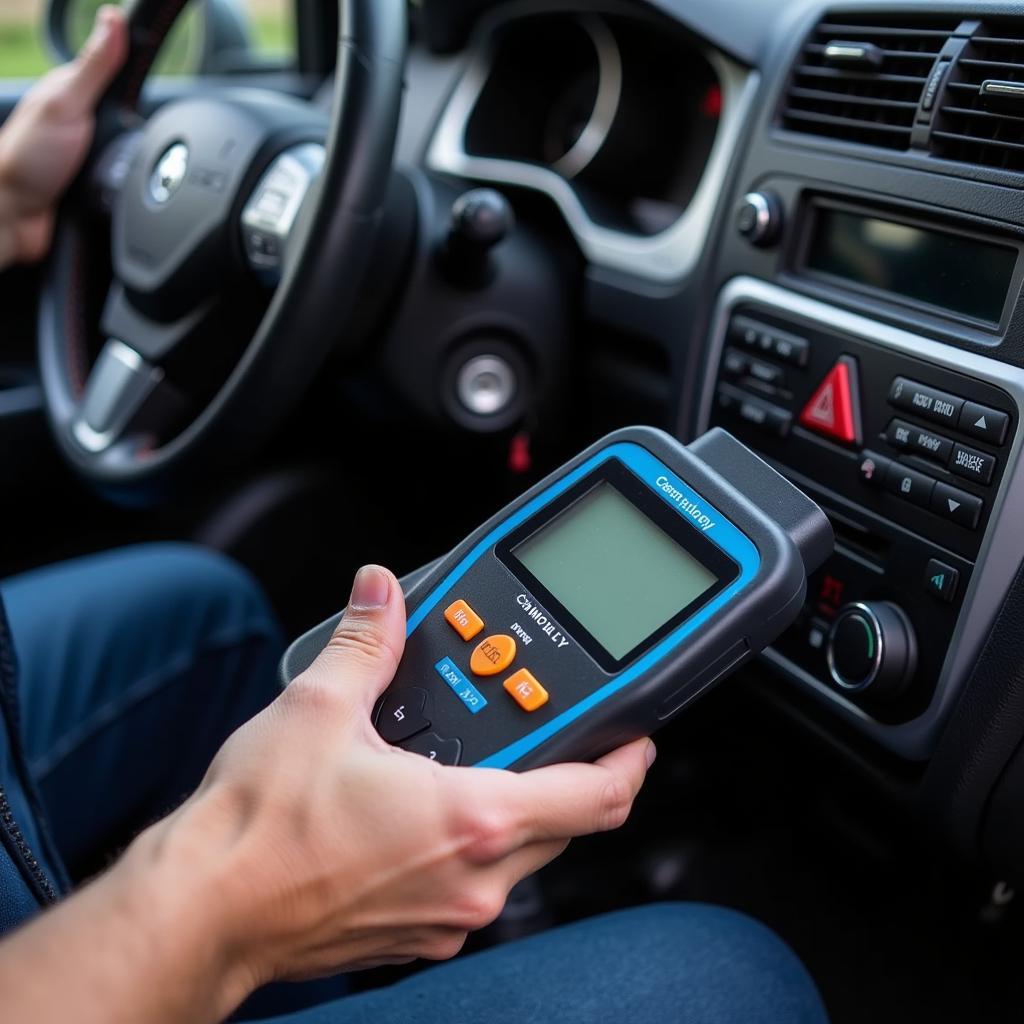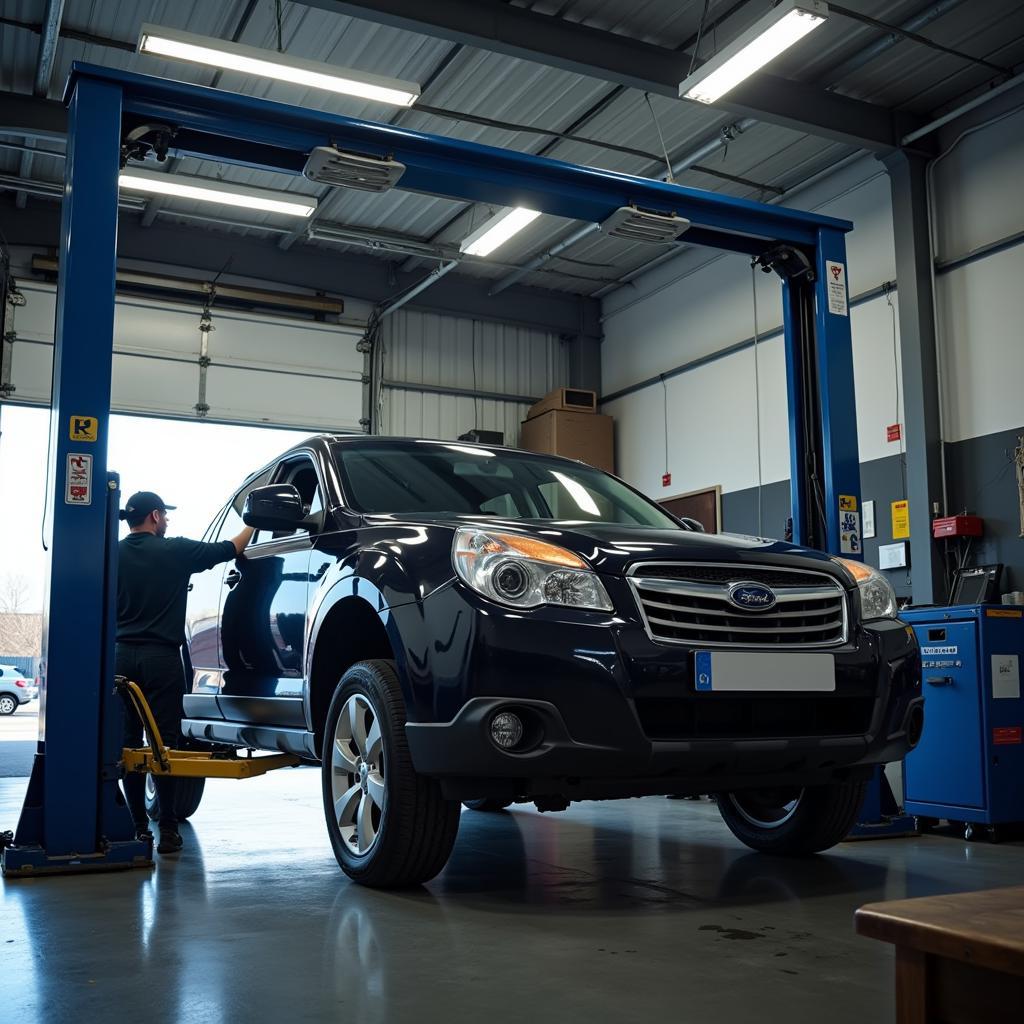Chip Problems in Cars: Causes, Symptoms, and Solutions
Are you experiencing strange issues with your car’s performance? If you’re seeing engine light warnings, decreased fuel efficiency, or your car struggling to start, a chip problem could be the culprit. Chip problems in cars are a common issue, and understanding the causes, symptoms, and potential solutions can help you diagnose and fix the problem efficiently.
What is a Chip Problem in a Car?
A chip problem in a car refers to issues related to the electronic control unit (ECU), also known as the car’s computer. This complex system processes information from various sensors throughout the vehicle, controlling critical functions like fuel injection, ignition timing, and transmission operation. When the ECU malfunctions, these vital systems can be disrupted, leading to a range of symptoms.
Common Causes of Chip Problems in Cars
Several factors can contribute to chip problems in cars. Some of the most common include:
- Electrical Issues: Damaged wiring, loose connections, or short circuits can disrupt the ECU’s communication with other components.
- Software Glitches: The ECU’s software can experience bugs or corruption, leading to malfunctions.
- Environmental Factors: Extreme temperatures, moisture, or vibrations can damage the ECU or its components.
- Physical Damage: Accidents, collisions, or even improper handling can cause physical damage to the ECU.
- Aging Components: Over time, the components within the ECU can wear out or become less reliable.
Symptoms of a Chip Problem in a Car
Identifying the signs of a chip problem early can help you avoid further damage to your vehicle. Here are some of the most common symptoms to watch out for:
- Engine Light Warning: The check engine light on your dashboard is often the first indication of an ECU issue.
- Engine Stalling: The engine may suddenly shut off while driving or idling.
- Poor Acceleration: Your car may struggle to accelerate or feel sluggish.
- Rough Idling: The engine may run unevenly at idle.
- Reduced Fuel Efficiency: You may notice a significant decrease in your gas mileage.
- Transmission Problems: Shifting issues, jerking, or slipping gears can indicate an ECU malfunction.
- Starting Problems: The car may have difficulty starting or may require multiple attempts to start.
- Erratic Instrument Readings: Gauges like the speedometer or fuel gauge may display inaccurate information.
Diagnosing Chip Problems in Cars
Diagnosing chip problems in cars requires specialized tools and knowledge. If you suspect a chip issue, it’s best to consult a qualified automotive technician.
“Diagnosing a chip problem can be tricky, as the symptoms can be similar to other issues,” explains John Smith, a certified automotive technician with over 20 years of experience. “Using a code reader to retrieve diagnostic trouble codes (DTCs) is the first step.”
 Mechanic using a code reader on a car
Mechanic using a code reader on a car
Repairing Chip Problems in Cars
The repair process for a chip problem depends on the underlying cause. Some potential solutions include:
- Replacing the ECU: If the ECU is damaged, it may need to be replaced.
- Repairing Wiring: Any damaged or loose wiring should be repaired or replaced.
- Updating Software: The ECU’s software may need to be updated or reprogrammed.
- Cleaning Connections: Cleaning corrosion or debris from the ECU’s connections can sometimes resolve the issue.
“In some cases, simply cleaning the ECU’s connections can solve the problem,” adds Jane Doe, an experienced automotive mechanic. “However, if the ECU itself is faulty, a replacement is the only option.”
Tips for Preventing Chip Problems
While some chip problems are unavoidable, taking preventative measures can help minimize the risk:
- Regular Maintenance: Have your car serviced regularly to ensure all systems are in proper working order.
- Protect from Moisture: Avoid driving through deep puddles or exposing your car to excessive moisture.
- Protect from Extreme Temperatures: Avoid parking your car in direct sunlight or extreme cold for prolonged periods.
- Protect from Physical Damage: Be cautious when driving and parking to avoid collisions or bumps.
 Car undergoing maintenance checkup
Car undergoing maintenance checkup
FAQ:
1. How much does it cost to fix a chip problem?
The cost of repairing a chip problem can vary depending on the specific issue and the repair method required. It could range from a few hundred dollars for a simple wiring repair to thousands of dollars for a new ECU.
2. Can I fix a chip problem myself?
While some basic electrical issues can be resolved by knowledgeable individuals, it’s generally recommended to leave chip problem repairs to a qualified automotive technician.
3. Is there a way to prevent chip problems from happening in the first place?
While some chip problems are unavoidable, you can minimize the risk by practicing regular maintenance, protecting your car from moisture and extreme temperatures, and driving cautiously to avoid accidents.
4. Can I still drive my car with a chip problem?
It’s not recommended to drive your car with a chip problem, as it can lead to further damage or unsafe driving conditions.
5. How long does it usually take to fix a chip problem?
The repair time for a chip problem can vary depending on the complexity of the issue. Simple repairs may take a few hours, while more complex issues could require several days.
For expert advice on diagnosing and repairing chip problems in cars, contact AutoTipPro.
Contact us:
Phone: +1 (641) 206-8880
Address: 500 N St Mary’s St, San Antonio, TX 78205, United States
We’re here to help you get back on the road safely and confidently.






Leave a Reply